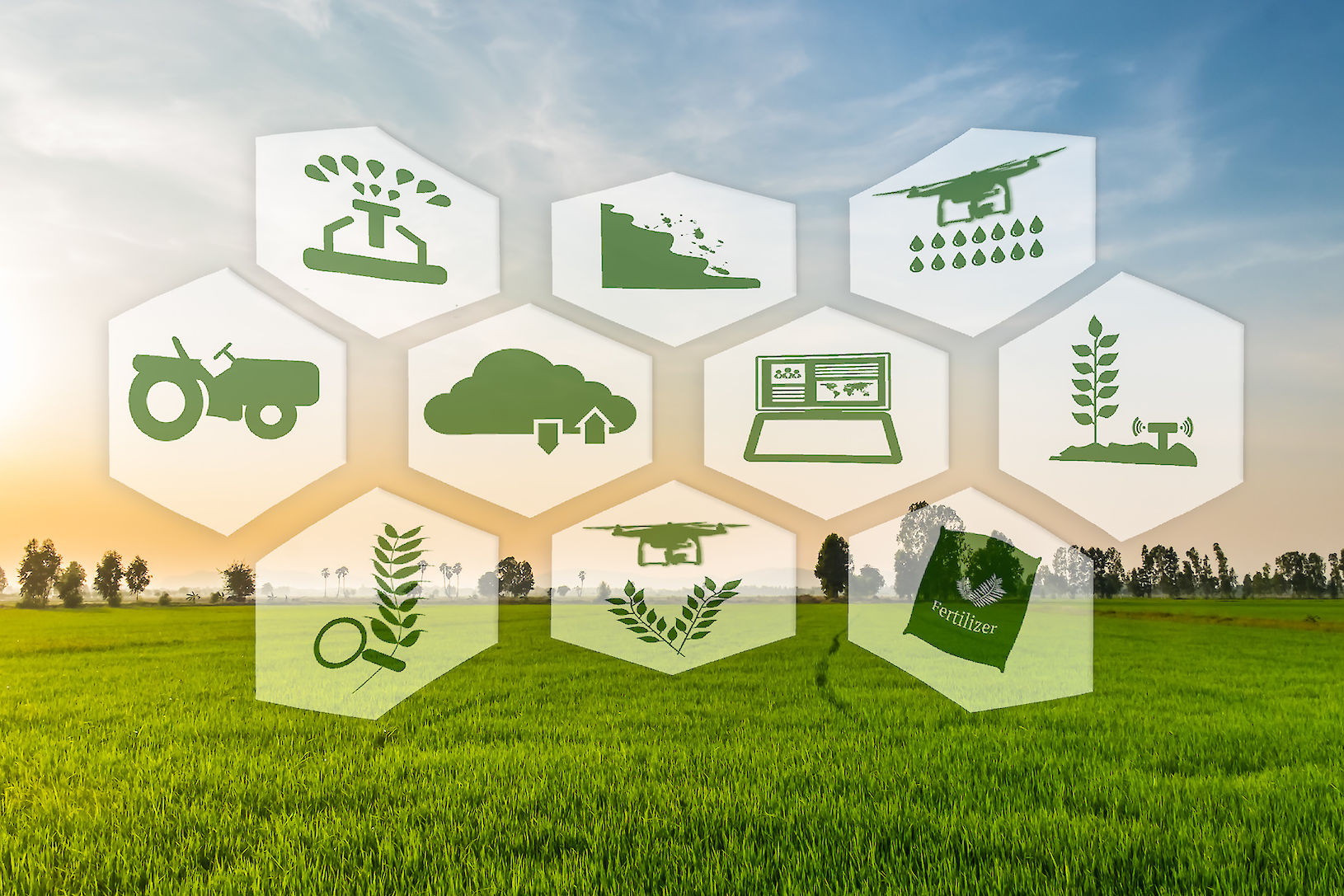With its abundant agricultural resources, Nigeria has long been recognised as an agricultural powerhouse with immense potential. However, the full potential of Nigeria’s agricultural sector remains untapped due to the inadequate state of its processing infrastructure and the subsequent lack of marketability of the products, especially in the international markets.
There are arguments that primary production, processing and all agricultural investment are only subject to the demand for the product being produced, processed or invested in.
Global agricultural production encompasses a wide range of methods; from advanced technology-driven models to subsistence farming. Nigeria, despite its sizable agricultural sector, primarily relies on traditional farming methods, leading to lower yields and productivity. While the sheer size of the sector ensures ample production, the lack of advancements hinders us from fully capitalising on its agricultural potential.
It is crucial to recognise that agricultural processing can only thrive when primary production reaches a certain level of efficiency. To develop a robust processing and marketing industry, Nigeria must prioritise improving its primary production methods. By adopting modern techniques, such as precision farming, sustainable practices, and advanced technology, Nigerian farmers can significantly increase their yields and produce higher-quality commodities that fit the specifications of a ready processing industry or market.
- NAFDAC warns men against using recalled sex enhancement capsule
- Food poisoning: Ogun issues 7-day ultimatum to eateries, threatens prosecution
To establish a pervasive transportation and processing infrastructure, viable markets for Nigerian commodities must exist. Currently, the inadequate demand for Nigerian finished products both locally and globally hampers the development of critical processing infrastructure.
Bill Gates highlighted the issue in his famous Gates Notes, stating that farmers remain isolated and financially constrained because the crops they grow are not aligned with market preferences and requirements.
To address Nigeria’s agricultural processing infrastructure deficit, substantial investment is required. Local, regional, and global markets need to perceive Nigerian finished products as competitive and desirable. This perception will attract the necessary investment to develop state-of-the-art processing facilities that adhere to global standards. With improved processing infrastructure, Nigeria can add value to its agricultural products, expand export opportunities, and create a favourable environment for job creation and economic growth.
It is evident that Nigeria’s agricultural sector can only unlock its true potential by bridging the gap between primary production and processing. To achieve this, a multi-faceted approach is needed.
First, farmers must be equipped with the knowledge and resources to adopt modern farming techniques, enhancing their productivity and yields. Second, government policies should encourage private sector investments in processing infrastructure, while also fostering partnerships with global players to boost market access for Nigerian commodities.
Finally, concerted efforts must be made to promote Nigerian agricultural products on both local and international platforms, highlighting their quality and value.
The food processing industry in Nigeria presents significant opportunities for growth and development across various sectors. Cereals and grains, such as wheat, sorghum, rice, maize, and millet, offer immense potential for further improvement in technologies for de-stoning, polishing, and packaging.
The establishment of rice mills has already created benefits in the rice value chain, but there is a need to enhance the competitiveness of Nigerian rice in international markets. Additionally, the flour mills, biscuits, and confectionery industries have experienced limited growth and present opportunities for revitalisation.
Roots and tubers, particularly cassava and yams, hold potential for export, with well-processed cassava chips and other cassava-based products finding demand globally. Similarly, the abundant production of oil palm, groundnut, soybeans, sesame, and cotton in Nigeria offers an opportunity to reduce dependence on imported vegetable oil.
By investing in adequate processing capacity and modernisation of oil mills, the country can meet domestic demand and become self-sufficient in vegetable oil production.
Furthermore, the fruit processing sector requires substantial investment to overcome seasonal losses and enhance industrial capacity. Currently, Nigeria witnesses wastage during periods of fruit glut and faces scarcity and increased prices during off-peak seasons.
Improving processing capabilities would not only reduce waste but also ensure a consistent supply of fruits and their products throughout the year.
In the beverages sector, while cocoa-based industries are well-supplied with multinational companies’ products, there is a need for investment in production and processing stages, especially in tea and coffee. Despite a local preference for herbal medicines, the market remains flooded with Asian products, indicating an opportunity to develop and promote Nigerian tea and coffee offerings.
The meat industry requires significant improvements in hygiene, storage, and transportation practices to meet international standards and compete globally. Currently, smaller countries in Africa export meat to European Union countries due to their focus on modernisation and sanitation. Nigeria’s meat industry has the potential for growth through modernisation and standardisation.
Lastly, Nigeria’s abundance of fresh and marine fish resources offers an opportunity to reduce dependence on imports. Heavy investment in the fish industry can enhance domestic production, meet local demand, and enable participation in the international fish market, reducing reliance on imported frozen fish.
Nigeria can unlock its potential for self-sufficiency, export-oriented growth, and economic development in the food processing sector by understanding the need for and link between quality primary production and a robust processing sector.

 Join Daily Trust WhatsApp Community For Quick Access To News and Happenings Around You.
Join Daily Trust WhatsApp Community For Quick Access To News and Happenings Around You.